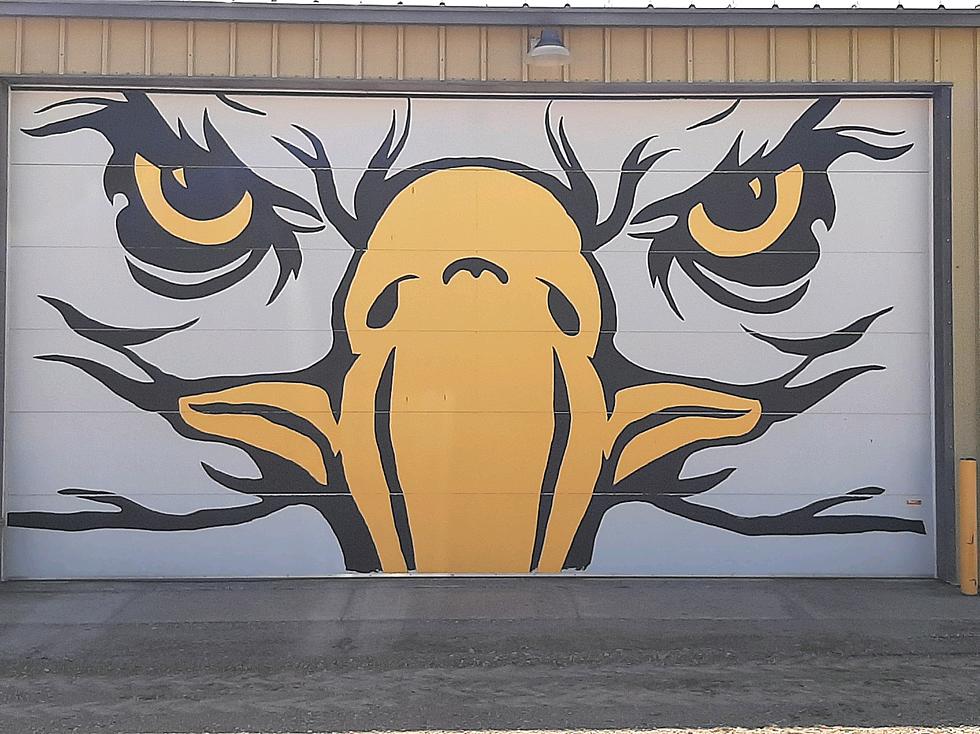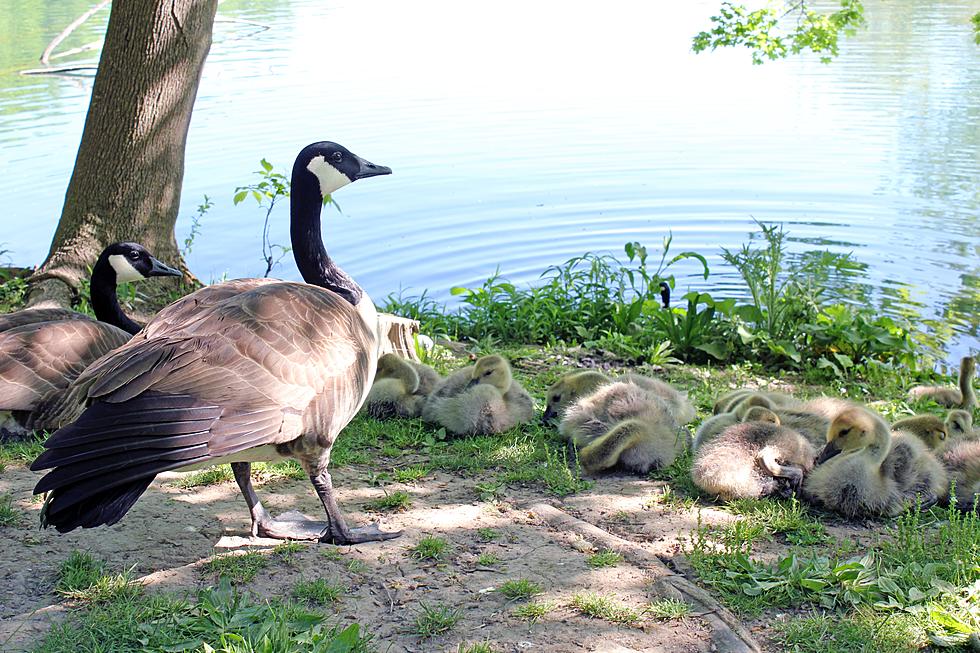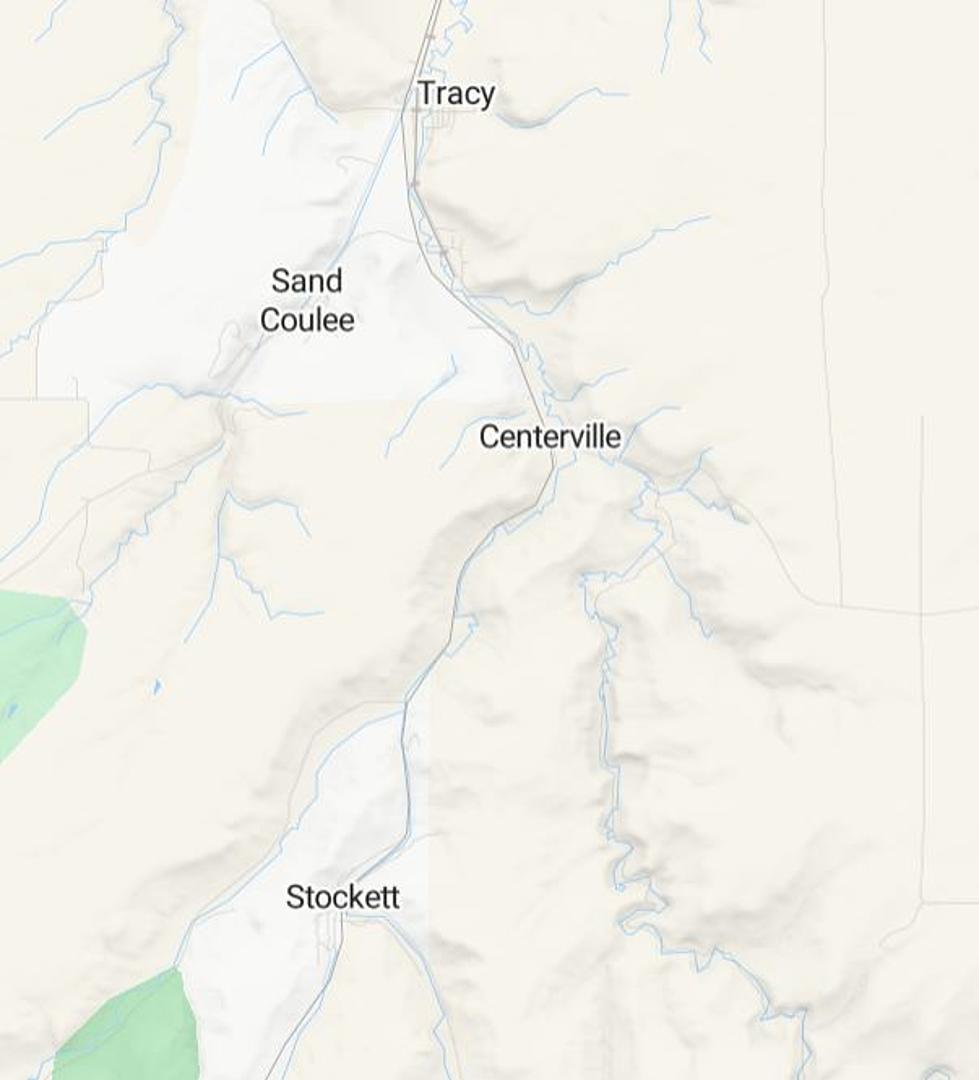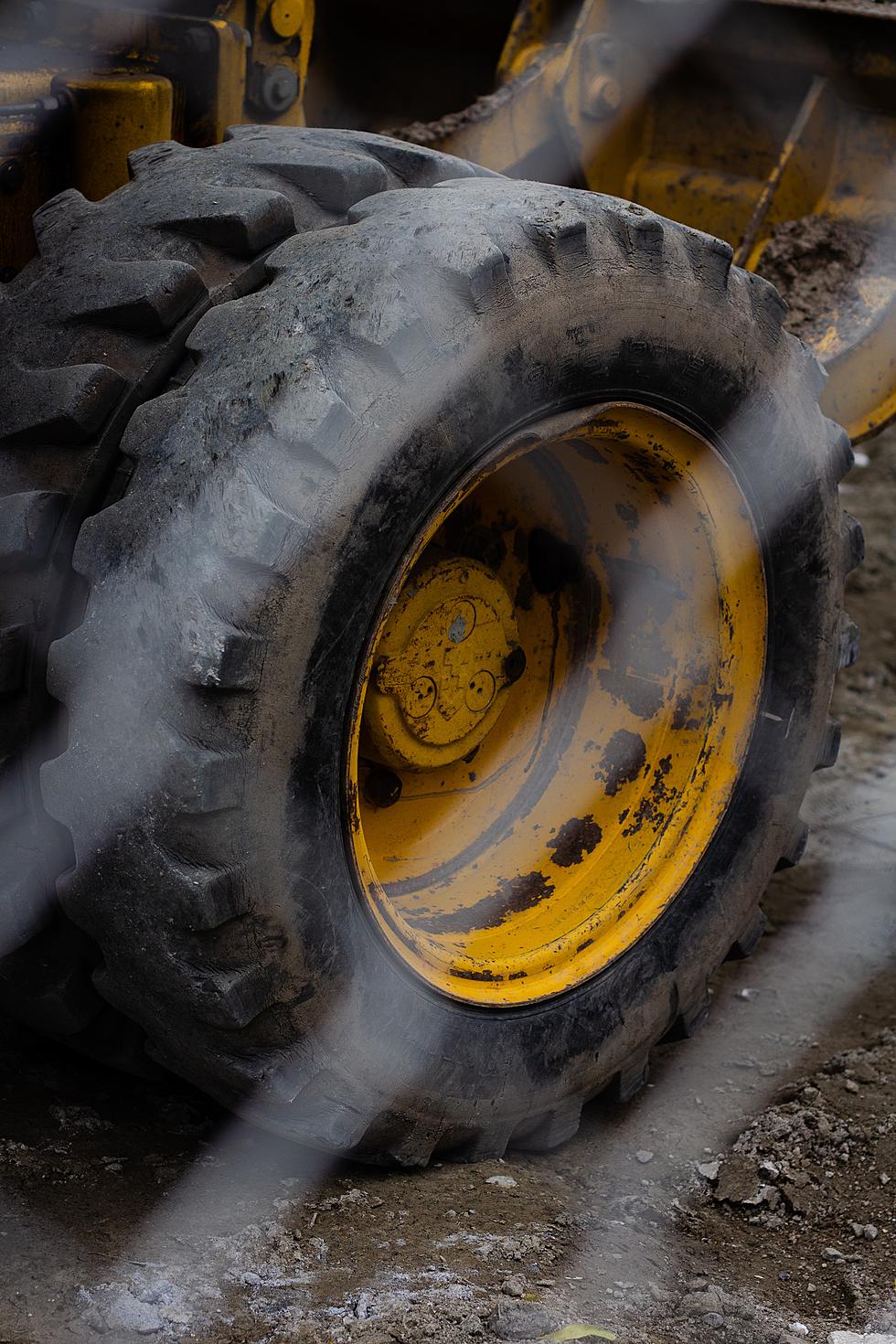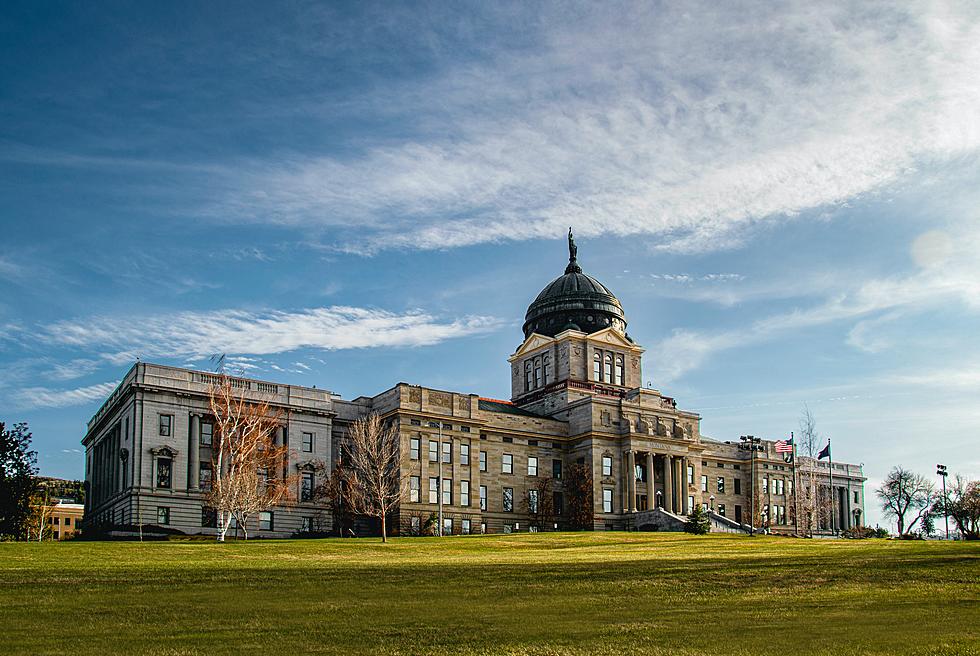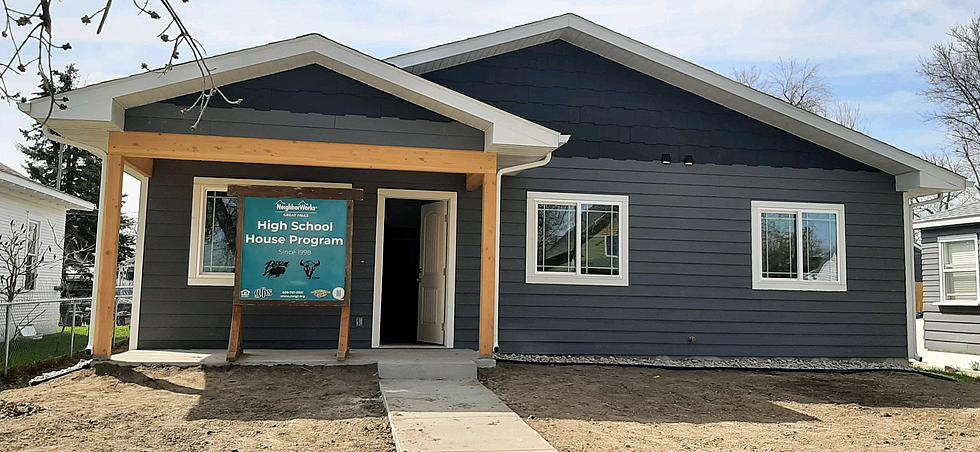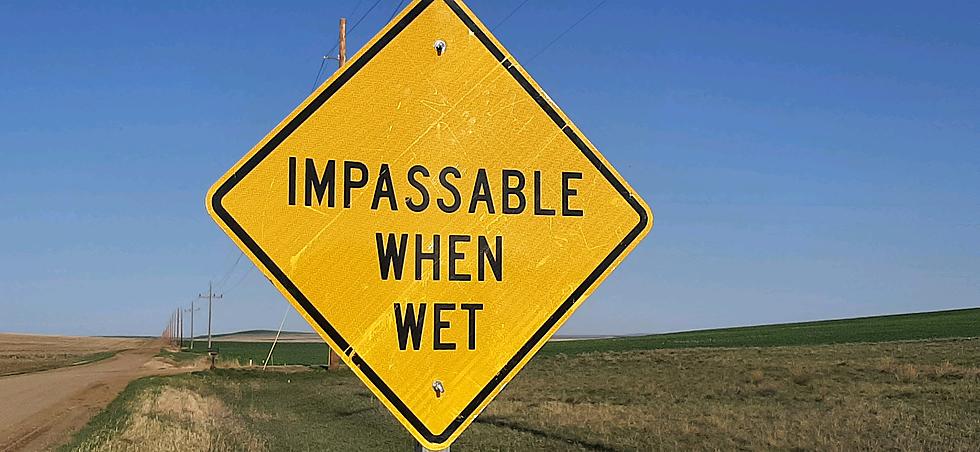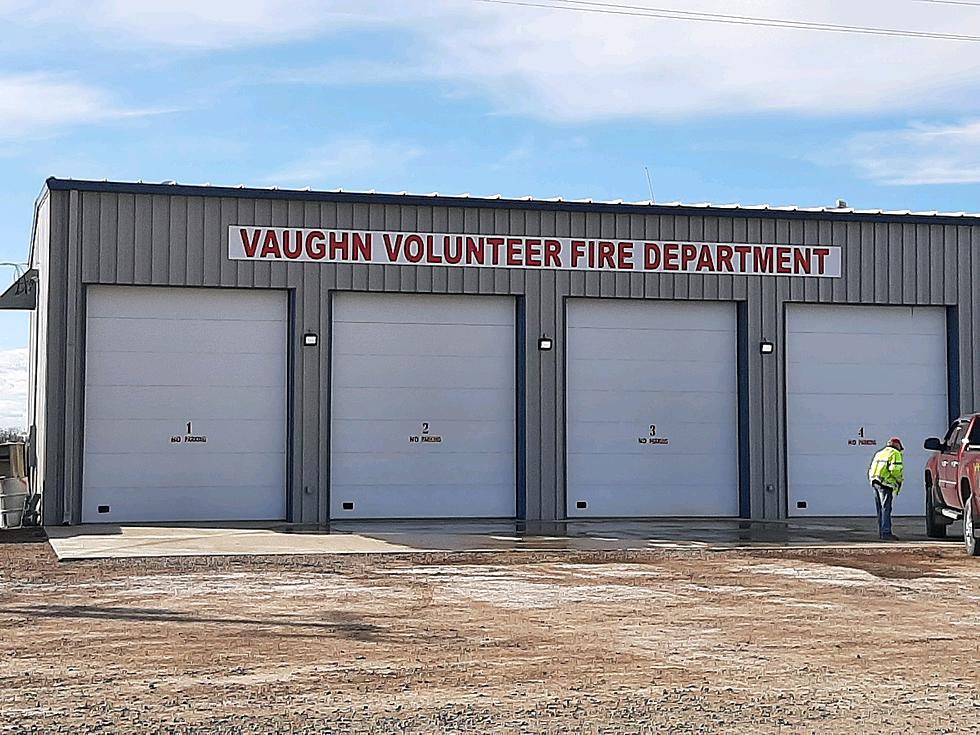
Montana Farmers Union says it is time enact C.O.O.L. placards into law
For several years Montana Farmers Union has pushed to enact into law, Country of Origin Labeling, better known as C.O.O.L. Most recently the push has changed slightly to require retailers to place placards in the meat section so consumers know where their meat is coming from. This week the Montana Legislative Ag Committee will decide if this bill moves forward. MFU President Walter Schweitzer spoke about its importance:
House Bill 350
Walter: It was introduced by Frank Smith. The title an act of adopting the Country of Origin Placarding Act of 2023. In 2005, even though Congress had passed country of origin labeling in 2002, the USDA wasn't getting around to enforcing it. And so Montana, we lost our patience as well as several other states and decided to take it on ourselves and we passed the country of Origin placarding in 2005. And really what that is, is it just requires the retailers to make an effort to find out where their beef is coming from, their pork is coming from, and if they cannot figure it out, then put a plaque in the meat counter with that meat that states that product unlabeled or imported.
And it's just really truth in labeling.
Right now what's going on is the suppliers and the retailers are putting this meat into our meat counters and it's got a Product of USA label on it, it has the USDA choice check mark on it. Really it's misleading because almost all the burger that's in our meat counters is mixed with Brazilian or Australian or Argentina or Mexican beef and the consumers think they're buying US beef. And it's interesting because where I do my shopping here in Great Falls, at a corporate grocery store, I was a little frustrated because when we tried to pass this bill last session, I noticed when I went into the meat counter, that they had a big old map of Montana above the meat counter and they had stars on it showing the ranches that the beef came from here in Montana. That was in the meat counter. And so I thought well shoot, I'm going to call that processing plant and see if they aren't going to support our Placarding bill because it would help them distinguish theirs from this imported stuff. And when I finally reached the CEO and talked to him, he said no, we don't support that. We get a lot of our beef from Mexico and Canada. I don't support that.
So they're blatantly lying to the consumer.
And I went back to the manager at the meat counter and told him that, he said oh no, you're wrong. He says here I'll show you. And he brought me back to the cooler and in the cooler here's these boxes and he pointed product of USA. See it says right here it's product of USA. And I said that doesn't mean anything. All that means is that it was packaged here.
And what's happening because actually 50% of our beef here in the United States is processed by the Brazilian cartel and they are taking meat that are scraps from their processing plants in Brazil and they're putting it in boxes and they ship it to their US. Plants where they mix it with US. Beef, Canadian beef, Mexican beef, Australian beef. They grind it all together and they put it in a package and call it hamburger product of USA. It's a lie. It's misleading. And what really scares me, and some opponents to our bill said, well, if you put a placard in the meat counter that says it's imported, then we might lose sales.
So what they're telling me is that they would rather mislead the consumers than tell them the truth.
Now, what really worries me is that Brazil has mad cow. They've had several mad cows in the last couple of years, and that meat could be getting mixed up with our hamburger and be in a meat counter here in Great Falls. And if you eat that hamburger and it has mad cow in it, then you potentially could have a brain disease that's going to kill you. And if that happens, and probably when that happens, it's going to destroy our beef markets because the consumers can't tell the difference.
Really, this is an opportunity because here in Montana we have invested a lot in our meat processing infrastructure.
It used to be that we could only process about 20% of the meat that we ate here in Montana, and we're getting to the point of almost 50% and growing. But these new meat processing plants, the ones that have expanded, we're being denied access to these grocery store meat counters. Well, if we're educating the retailers who are pretty sophisticated, but they don't realize it. Like this manager of the meat counter I talked to, he truly believed that. And he was a little frustrated when he finally found out that he's been lied to.
And if we just slowly, systematically educate the retailers by just requiring them to check in to where their meat is coming from and put a placard in that meat counter that says it's Montana beef or it's imported beef, it will give us an opportunity. Because you know what's going to happen, when consumers start going to the grocery store and they see a placard in the meat counter that says product unknown origin or imported, and actually it's product unlabeled or imported, they're going to go, well, shoot, where's the US. Beef? I'd like to buy the US. Beef.
And if the retailers hear that enough, they're going to start looking to where they can buy US. Beef and Montana Beef. That's what we're after here.
It's food security because we really need to protect our consumers, and it's an opportunity for the cattle producers to make a little money.
When we had country of origin labeling in 2012, 1314, this was some of the highest prices that Montana producers got for our cattle. And you know what? When Congress repealed country of origin labeling in 2015, within six months of them repealing COOL, the cattle prices had dropped 50%. But when you walked into the grocery store the prices were the same for the steaks, the burgers and so really the producers got less money and the consumers paid more. And then you know what else happened? Ever since COOL has been repealed here in this country, we've had record amounts, millions and millions of pounds of beef being recalled every month. And you know what? When you recall a product, a lot of times the reason you recall it is because somebody got sick or worse yet, died from eating that. And that's because really we're mixing substandard beef from Brazil with our high quality beef and they're putting a product of USA label on it. This concerns me and I think it concerns the consumers. Every poll shows that 80% to 90% of the consumers want to know where their beef comes from. So let's let them know.
What kind of bipartisan support do you have
Walter: Both sides of the aisle. My own Representative James Berkstrom is a Republican. The sponsor Frank Smith is a Democrat.
How do concerned consumers or producers get involved in the event
Walter: Well if they go on today at the legislative website it's leg mt.gov, they can sign up to testify and they can do it virtually. So they can do it from the comfort of their room with the way the roads are right now. I went ahead and signed up just in case. I can't drive down to Helena tomorrow because of the roads. But the other way is to go to the Capitol building and the hearing will be at 3:00 p.m. on Thursday February 2nd on the first floor of the Capitol building in room 137. You sign in and wait for your opportunity to testify.
If you have a story idea or something you want to learn more about, give Randy a call at 406-788-3003 or send me an email at randall.bogden@townsquaremedia.com
More From KMON Country 560 AM
